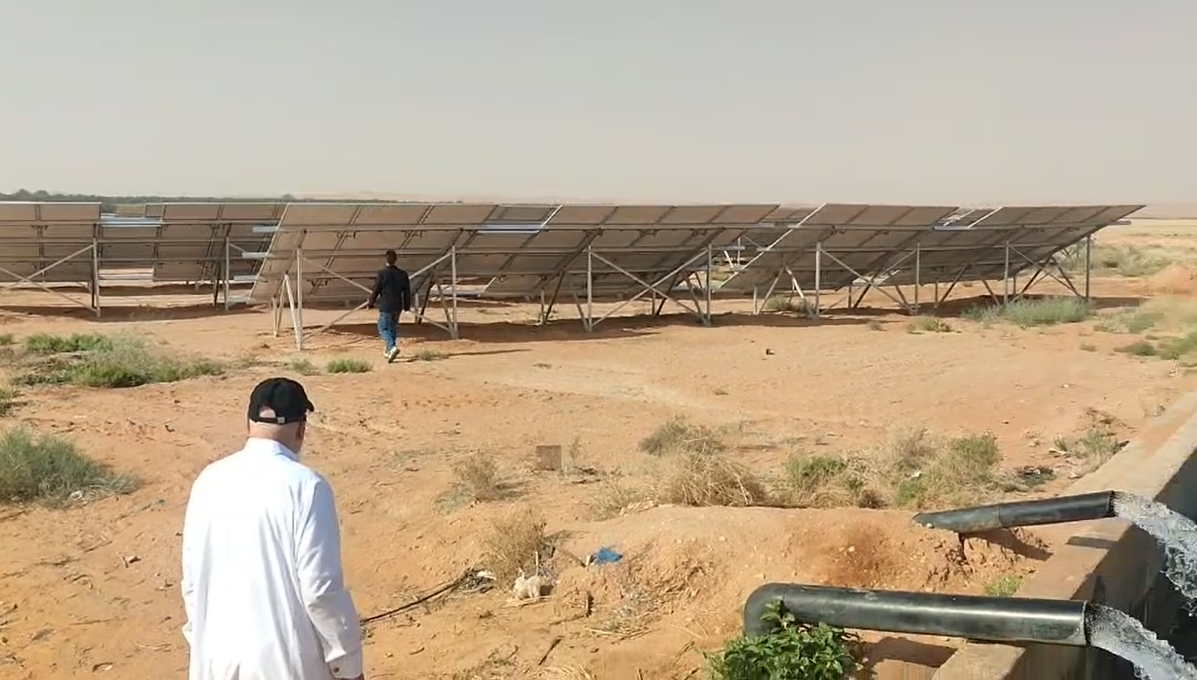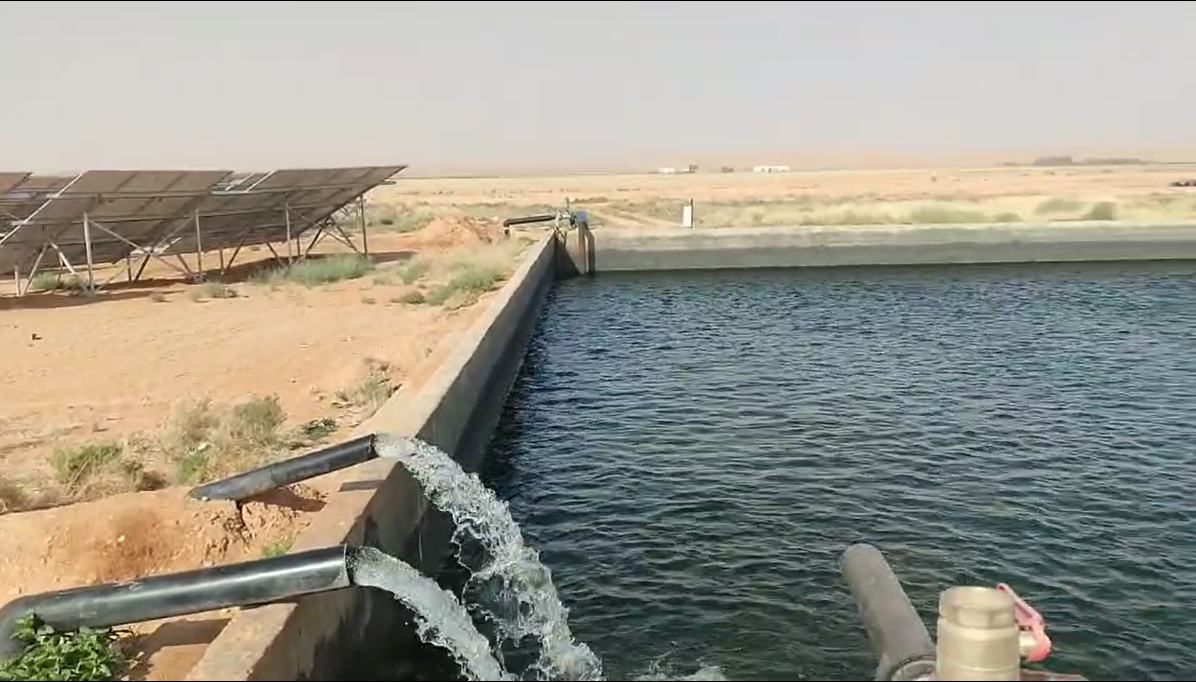In agriculture, especially on remote farms, access to reliable water sources is a significant challenge. Many farms lack reliable power infrastructure, making traditional pumps systems difficult to implement. This is where solar pumps systems come in handy, offering a sustainable and efficient solution for farmers who need to effectively manage water resources. Solar pumps are widely used on remote farms, providing a reliable irrigation method that doesn't rely on mains electricity.

The primary advantage of solar pumps systems is their ability to harness solar energy, which is abundant in many rural areas. Remote farms often lack residents and factories, resulting in weak electrical infrastructure. This makes it difficult for farmers to rely on traditional electric pumps. However, solar pumps are designed to operate independently of the power grid, making them an ideal choice for these remote areas. With low installation costs and minimal maintenance requirements, solar pumps offer a cost-effective solution for farmers looking to improve irrigation.

A major advantage of solar pumps systems is their ease of use. Farmers can quickly install these systems without extensive technical knowledge or specialized training. When the sun is shining, the solar panels generate enough electricity to power the pumps, effectively irrigating crops. This is especially important during the peak growing season, when crops require a lot of water. The simplicity of solar pumps systems means farmers can focus on agricultural activities without having to worry about complex electrical setup.

Furthermore, solar pump systems are designed with environmental considerations in mind. They eliminate the need for batteries, which can be costly and require maintenance. Instead, they operate directly from the sun's energy, making them a sustainable choice for water management. Rainy weather typically reduces the need for watering, and the amount of electricity generated by solar panels is also reduced. This natural alignment with weather patterns ensures that farmers don't over water their crops, promoting healthier crop growth and conserving water resources.
In short, solar pumps systems are transforming how remote farms manage water supplies. By providing a reliable, cost-effective, and environmentally friendly solution, these systems are helping farmers overcome the challenges of inadequate electrical infrastructure. As solar pumps grow in popularity, they are proving to be a valuable tool for sustainable agriculture, ensuring farmers maintain productivity while minimizing their environmental impact. For farmers operating in remote areas, investing in a solar pumps system is not only a practical option but also a step towards a more sustainable and efficient agricultural future.
Post time: Sep-05-2025

